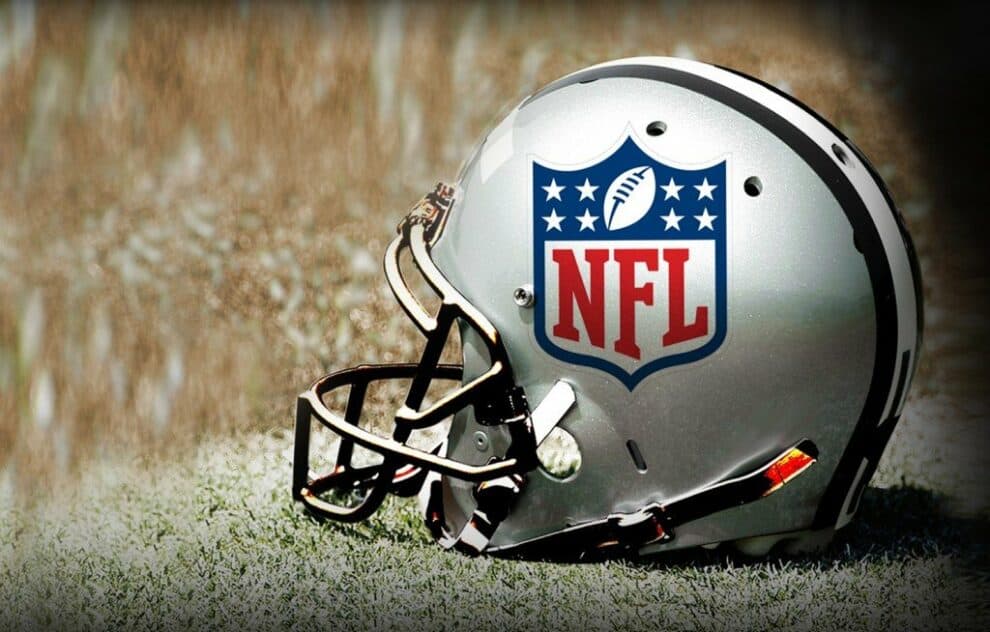
- It’s difficult to accurately calculate the overall financial significance of the National Football League but suffice to say it is huge.
- In Nevada, 44% of all sportsbook betting handle is from football with the majority being NFL action.
- The league is beginning to see significant revenues from Canada and other international markets.
The National Football League (NFL) is not just the most popular sports league for North American sports fans and bettors; it’s a financial juggernaut. From broadcasting rights and merchandise sales to sponsorships and advertising, the economic influence of the is huge both in terms of overall revenue and its reach throughout the broader economy. Obviously, there’s a number of ways to calculate this but one frequently reported number suggests that NFL football adds $5 billion a year in ancillary revenue to the US economy. That’s not surprising, and the league itself brings in just under $12 billion USD per year.
The most significant sources of revenue for the NFL is television broadcasting rights. The league has secured multi-billion dollar deals with several networks, including CBS, NBC, FOX, and ESPN and most recently Amazon Prime. As a testament to its financial pull, the NFL’s television contracts are among the richest in the world of sports, with networks fierce competition for the rights to broadcast games. They do so with good reason: NFL games consistently rank as the most-watched broadcasts in the U.S., translating to high advertising revenues for the networks.
Merchandising is another huge source of revenue. Every touchdown, interception, and field goal not only moves the scoreboard but also the cash registers. Merchandising, which encompasses everything from jerseys and hats to video games, rakes in billions annually. The demand for team paraphernalia, especially after big wins or during playoff runs, is a testament to the league’s influence on consumer spending.
The NFL’s reach extends beyond just its fans. Major corporations recognize the league’s influence and invest heavily in sponsorships and advertising. From beverage giants to tech companies, businesses want their brands to be associated with the NFL. The Super Bowl, the annual championship game, alone draws massive viewership, making its commercial slots some of the most expensive in television. Companies often spend millions not just on the slot, but on crafting the perfect advertisement to captivate the Super Bowl audience.
Each year, cities compete to host the Super Bowl, and it’s not just for the prestige. Hosting the big game has a significant economic impact. Hotels, restaurants, and local businesses benefit from the influx of fans. It’s not just about the game day itself; the entire week leading up to the Super Bowl is filled with events, parties, and activities that boost the local economy.
Moreover, cities with NFL teams often experience increased tourism and economic activity throughout the football season. Every home game draws fans from other cities, filling hotels, and restaurants, and spurring local commerce.
The NFL also plays a role in employment. Apart from the direct employment of players, coaches, and team staff, the league supports jobs in broadcasting, retail, hospitality, and more. Stadiums require security, vendors, and maintenance staff, and game days generate opportunities for part-time employment for many.
Finally, there’s plenty of revenue from betting–directly and indirectly. The exact numbers vary from one jurisdiction to another but NFL football is the biggest betting sport in all of them. In Nevada, 44% of all betting revenue is derived from football (the state doesn’t break down the exact numbers between NFL and college). Then there’s parlays, teasers and other ‘exotic’ bets. Recreational players love these bets and so do the sportsbooks due to hold percentages in excess of 30% as opposed to the single digit hold percentages on straight bets.
The National Football League is more than just a sporting organization. It is a financial behemoth, influencing industries and impacting economies. Whether through broadcasting rights, merchandise, or the economic boost to host cities, the NFL’s financial touch is vast and undeniable. As the league continues to grow and evolve, its economic footprint will likely expand even further, underlining its status not just as a sports powerhouse but as an economic titan.









